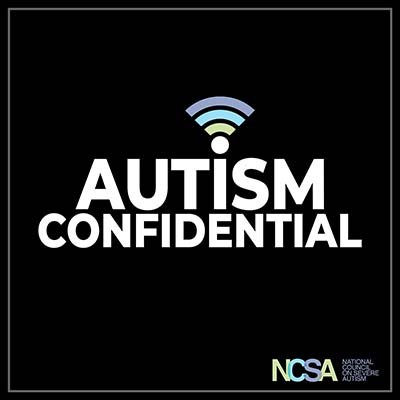Host Amy Lutz gets philosophical with prominent scholar Eva Feder Kittay, PhD, Distinguished Professor of Philosophy at Stony Brook University/SUNY. Dr Kittay, the mother of a severely intellectually and physically disabled daughter, discusses what caregiving means as an ethical concept, the importance of caregivers, how parents can't do it alone, and how the labor of caregiving deserves more respect. How can care ethics help resolve contentious debates within the autism community?
Highlights:
• What is “care ethics”? A perspective that foregrounds the interdependence of all people, and demands that the activities of care be supported and validated by the government and society more broadly.
• The parents’ prerogative regarding prenatal testing and selective abortion; the labeling of disability parents as “martyrs”
• Care ethics does not just focus on the relationship between care recipients and their caregivers, but highlights the nested dependencies in which we are all embedded "The human being isn't an isolated, independent self. The self is always in relation to others."
• Emphasizes the need to provide support for caregivers through care infrastructure like pay, healthcare, support. Parents should not be forced to assume the labor of care alone.
• What is “epistemic humility”? The idea that we never can really understand the perspective of another, so all stakeholders must approach these debates with respect and consideration. “Generalizing from any bit of knowledge is a very dangerous thing.”
Links:
Eva’s most recent book, Learning from My Daughter: The Value and Care of Disabled Minds,

